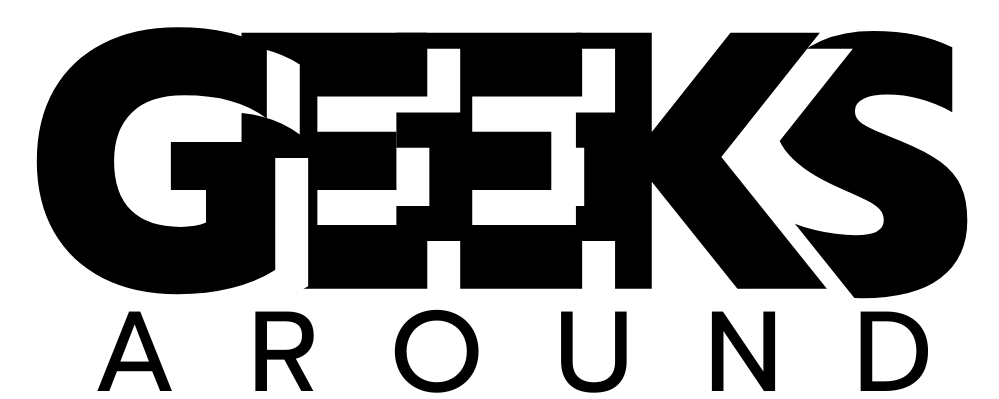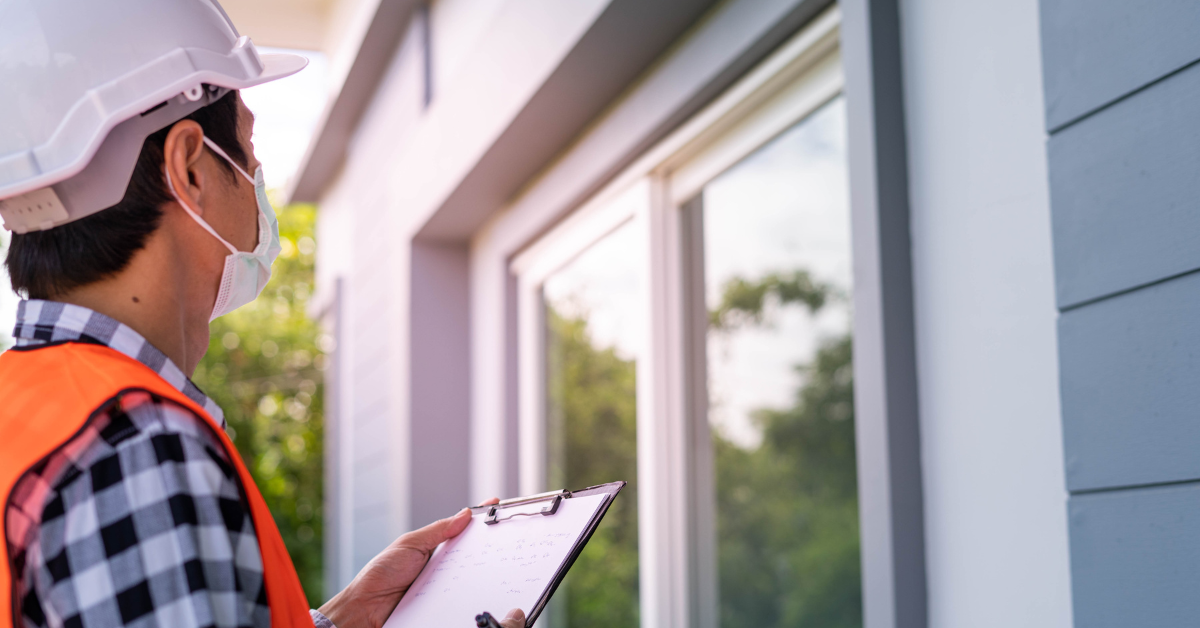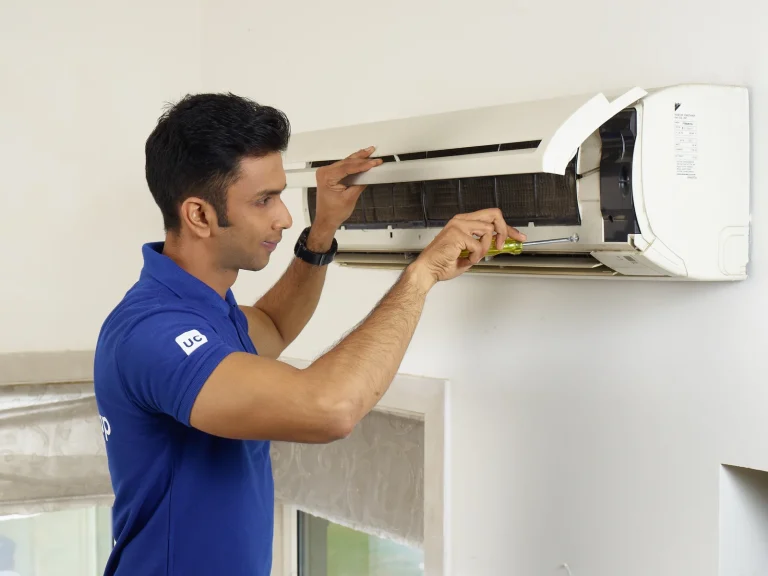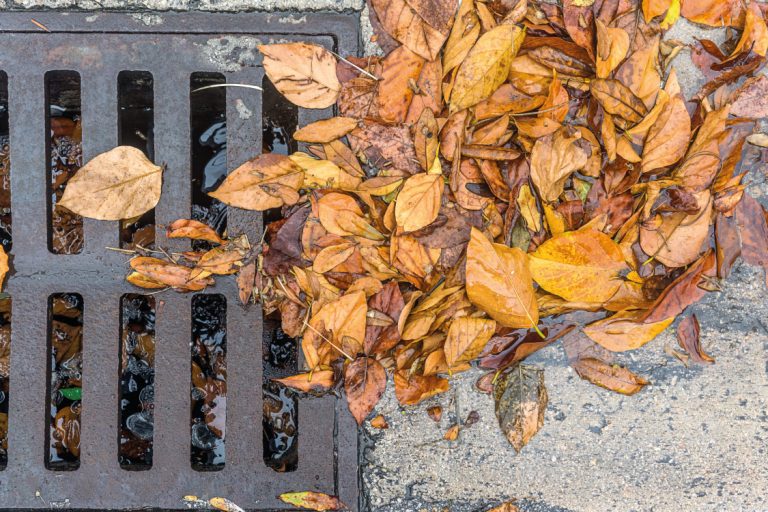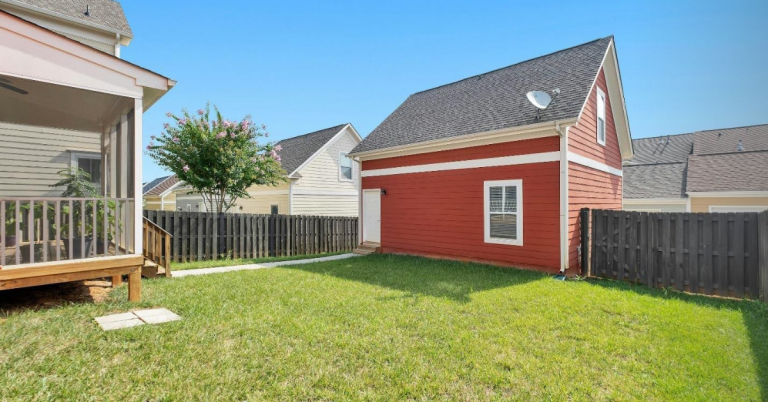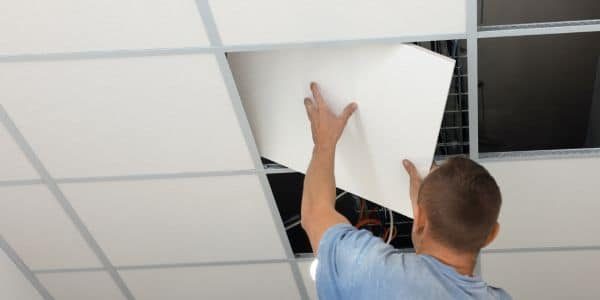Common Findings in Home Inspections and How to Address Them
Home inspections are crucial in the home-buying process, especially as different climates can impact a building’s integrity. By understanding common issues identified during these inspections, buyers can make informed decisions. This article delves into typical findings during home inspections and provides guidance on addressing them effectively.
Structural Issues
One of the most significant concerns during home inspections is structural integrity. Issues may include foundation cracks, uneven flooring, and compromised load-bearing walls. These problems are not only expensive to fix but can also pose serious safety risks.
- Addressing Structural Concerns: To address structural issues, it is essential to engage a structural engineer who can assess the severity of the problem and recommend specific repairs. Sometimes, it involves underpinning the foundation, replacing damaged sections of the wall, or adding supports to load-bearing elements.
Also Read: Fireproof Your Home 101: Identifying And Addressing Fire Hazards In Your Home
Roofing Complications
Roofs suffer from constant exposure to the elements, making them susceptible to damage. Common issues identified during home inspections include missing shingles, sagging, and signs of water damage.
- How to Manage Roofing Issues: Repairing the roof promptly is crucial to prevent further damage to the house, including water intrusion that can lead to mold and structural damage. Hiring a professional roofing contractor for repairs or even a complete replacement might be necessary depending on the extent of the damage.
Electrical Problems

Outdated or faulty electrical systems are common in older homes but can exist in newer homes too. Issues often spotted include outdated wiring, insufficient electrical panels, and improperly functioning outlets.
- Solving Electrical Issues: Addressing electrical problems typically involves hiring a licensed electrician who can upgrade the electrical panel, replace old wiring, and ensure that the electrical system meets current safety standards. This is crucial to prevent potential hazards like electrical fires.
Plumbing Issues
Plumbing problems are a frequent find in home inspections and can range from leaky faucets to major pipe corrosion, leading to significant water damage if not addressed.
- Dealing with Plumbing Concerns: For minor leaks, replacement of fixtures might be sufficient. However, major issues like poor water pressure or signs of leakage within the walls require professional assessment and repair. This might involve replacing sections of pipe or upgrading your entire plumbing system.
HVAC System Deficiencies
Heating, ventilation, and air conditioning (HVAC) systems are crucial for maintaining comfort in homes. Common problems include inefficiency, outdated equipment, and inadequate maintenance.
- Addressing HVAC Issues: Servicing your HVAC system regularly by a certified technician can prevent many of the common issues. If the system is old and inefficient, replacing it with a new, energy-efficient model can be a more cost-effective solution in the long run.
Mold and Mildew
The presence of mold or mildew in a home is a common issue that can pose health risks and indicate bigger problems like moisture intrusion or inadequate ventilation.
- How to Address Mold Issues: Professional mold remediation might be necessary to remove mold safely. Additionally, addressing the source of moisture, such as fixing leaks or improving ventilation, will help prevent future growth.
Conclusion
Understanding common issues uncovered during home inspections in Salt Lake City empowers potential homebuyers to make informed decisions and plan for necessary repairs. Whether it’s structural concerns, faulty HVAC systems, or plumbing and electrical problems, addressing these issues promptly can save significant time, money, and stress in the long run.
For example, a minor crack in the foundation may seem trivial but can lead to substantial structural damage if ignored. Faulty HVAC systems not only affect comfort but also drive up energy bills. Home inspections aid in price negotiations and ensure your new home is safe and sound. By recognizing these potential issues, homebuyers can prioritize repairs and improvements, ultimately safeguarding their investment and ensuring a safer living environment for their families.
